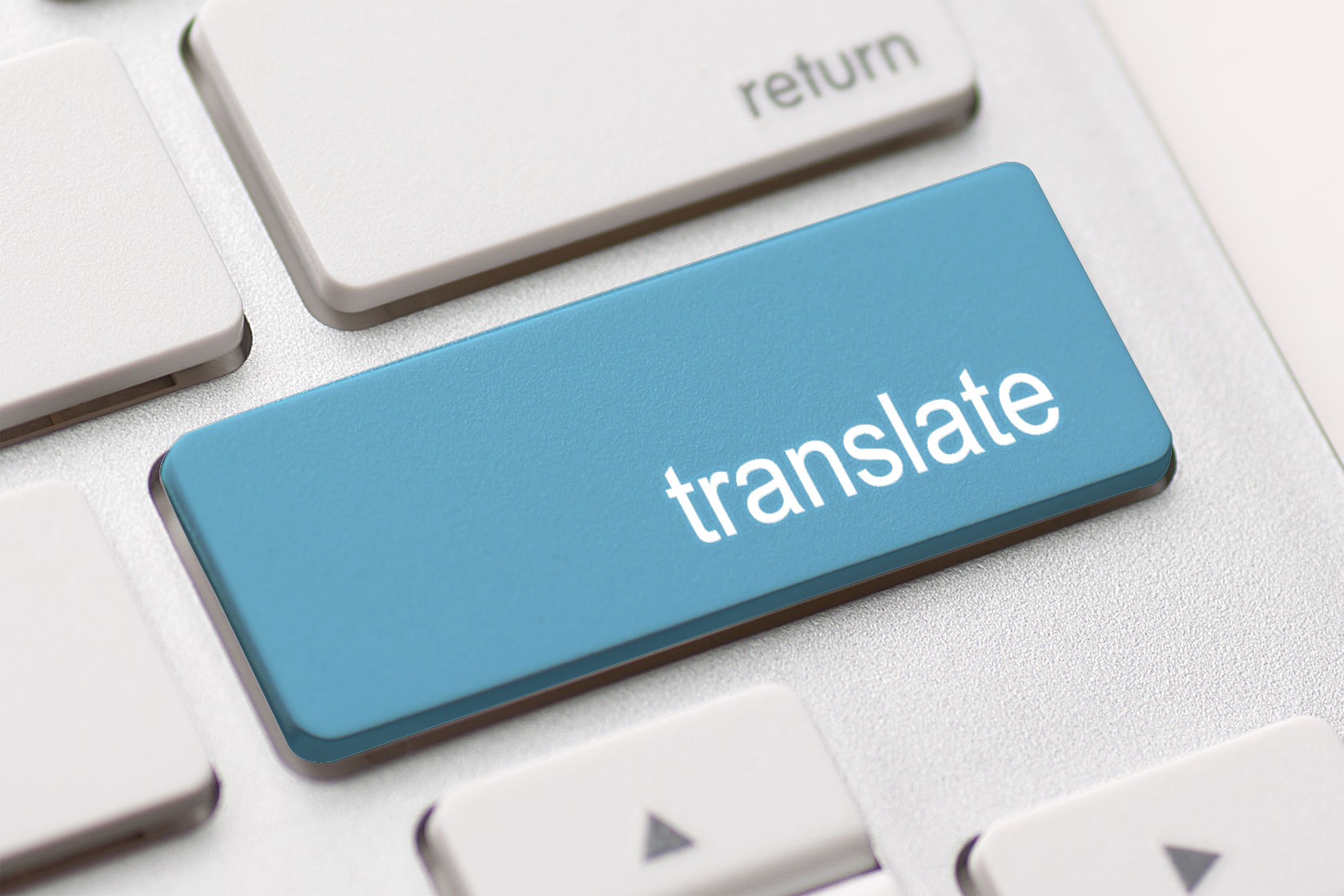I'm bilingual. Could I be a professional translator?

It's tempting to think that speaking two languages perfectly means that we are fully qualified to carry out any kind of translation. But this is far from the truth. It's true that a professional translator needs to master two languages in order to translate, but there is more to it than that.
In today's article we will tell you about the fundamental qualities needed by a good professional translator to stand out in their field and guarantee an excellent standard of work for their clients.
The professional translator: born or made?
Even today, the art of translation and the figure of the translator are still unknown to many people. However, this figure is present in our everyday life even when we are not aware of it. It is often said that a good translation is the one that goes unnoticed, but the truth is that behind each text there is a translator with extensive training and experience alongside other qualities that transform their work into an outstanding final product.
We tend to associate translation with languages and translators with people who have spent long periods of time in a foreign country and can speak multiple languages.
The professional translator doesn't only "know the language," but makes it their own with their level of mastery. Furthermore, they have a deep understanding of the culture and customs associated with their working language. To respond to our initial question, a good professional translator is made, as they must be professionally trained by completing an official degree in translation. We must note that a degree in translation is not a course to learn foreign languages. The ultimate goal is for students to learn how to translate, so the languages into and from which they translate must already be mastered.
In addition to training, what else do we look for in a good professional translator?
"Translating from one language to another is the most delicate of intellectual exercises; compared to translation, all other puzzles, from bridge to crosswords, seem trivial and vulgar. To take a piece of Greek and put it in English without spilling a drop; what a nice skill!" Cyril Connelly.
Alongside a mastery of languages and extensive training there are some further skills, whether innate or acquired, that are important in order to shine in this dynamic profession. Let's take a look!
Good writing skills
It is extremely important to write well and be able to express oneself in different styles and registers. The translator must posses an analytical mind which enables them to detect possible incompatibilities and choose a translation that is fitting at all times. In addition to the ability to write well, a professional translator must be concise and clear to avoid cluttering up their translation.
Curiosity
How could we forget the intellectual curiosity that a professional translator must demonstrate for their subject?
A translator does not need to know every word they come across; it is more important to understand and know how to use the resources at their disposal (glossaries, databases, etc.) to back up their choices and provide responses to any queries that may come their way.
Attention to detail
A professional translator must be precise with their language and committed to ever-improving the quality of their work. The translator should not change the meaning of their text because it "sounds better". They consider their target audience every step of the way.
Specialist
A professional translator can specialise in any subject, but not all of them. With years of experience behind them, it makes more sense to focus on and specialise in a particular area. This will result in the best possible translation. Our advice to those who are looking for a good professional is to be suspicious of translators who specialise in everything! It is better to count on native professional translators who specialise in the subject of the text, whether legal, financial, marketing or something else!
Accuracy
To ensure the quality of the translation, a professional translator should carry out a thorough review of their work. Potential errors should be identified and rectified. Furthermore, a good translator ensures that the presentation of their translation is flawless.
Punctuality
The professional translator knows their own rhythm and how long it will take them to carry out a new translation. Thus they can ensure that they are able to complete the project on time or even early. It is no use being a good translator if the translation is submitted after the client's deadline.
Last but not least, a professional translator must be a decisive person with an entrepreneurial spirit. They must be able to respond to unexpected projects. Interpersonal skills such as good communication and teamwork are also very important.
At AT Language Solutions we work with 8000 native professional translators located all over the world and specialising in many different sectors. This guarantees the quality of our translations, adapting to the needs of each client. Shall we talk?




